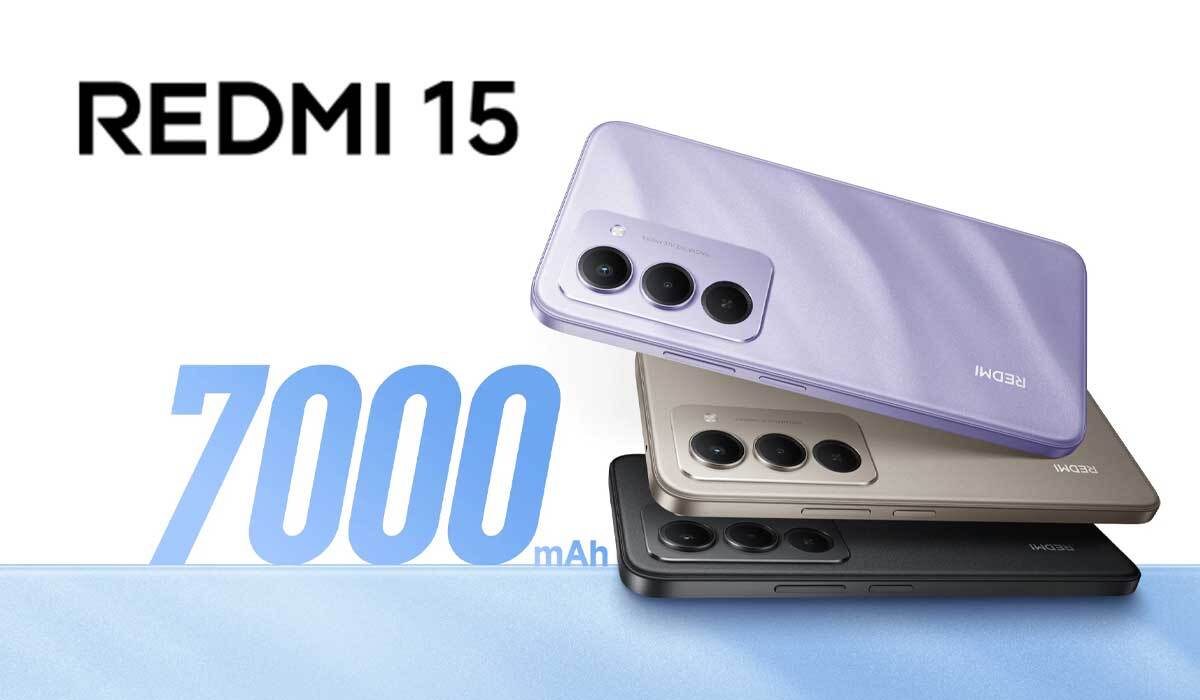Proxy servers are common tools for enhanced privacy, security, or circumvention of regional restrictions. They are intermediaries between a user’s device and the Internet. When accessing a website, your request will be routed through the proxy server and forwarded to the destination server. The destination server will respond by sending the requested data back to the proxy server. However, the use of proxy servers like UK proxies raises important legal and ethical considerations. Here are various legal and ethical aspects surrounding proxy servers.
Legal Implications of Proxy Server Use
The legality of using proxy servers varies across states and depends on the intent behind their usage. In many countries, the use of proxy servers is entirely legal. It is commonly employed for legitimate purposes, such as bypassing network restrictions imposed by schools or workplaces.
1. Data Privacy Laws
Proxy servers can be misused to conceal illegal activities such as cyberattacks or data breaches. Consequently, using proxies for unlawful purposes may violate data privacy laws if it involves unauthorized access to sensitive information.
Intellectual Property
These servers are sometimes used to bypass geographical restrictions on copyrighted content. This will enable you to get content that is not licensed for their region. This practice may violate intellectual property laws and terms of service agreements.
Ethical Considerations
Ethical concerns associated with proxy server use revolve around privacy, transparency, and accountability issues. While proxies can serve legitimate purposes, they can also be exploited for activities that undermine privacy and digital integrity.
1. Privacy and Anonymity
These servers are used to enhance online anonymity. While this can protect privacy, it also facilitates anonymous browsing, enabling malicious activities such as cyberstalking or harassment.
2. Responsibility and Accountability
The anonymity provided by proxy servers can make it challenging to hold individuals accountable for their online actions, raising questions about the responsible use of Internet technologies.
Corporate Use of Proxy Servers
Proxy servers are used within corporate environments to manage and optimize internet traffic, enhance security, and monitor employee activities. However, employers must balance these legitimate objectives with respecting employees’ rights to privacy.
1. Employee Monitoring
Employers may monitor internet usage through proxy servers to ensure compliance with company policies. However, such monitoring should be conducted transparently and by applicable labor laws.
2. Security and Access Control
Proxy servers play a vital role in corporate cybersecurity by filtering malicious content and preventing unauthorized access. However, they must be carefully implemented to avoid infringing on employee privacy rights.
The regulation of proxy servers like UK proxies continues to evolve, reflecting broader debates about digital rights and responsibilities. Regulatory bodies are increasingly scrutinizing the use of proxies to combat illicit activities while safeguarding individual freedoms. Some jurisdictions have enacted laws specifically addressing using proxy servers for illicit purposes.
However, enforcement can be difficult because of the technical complexities involved. International cooperation is crucial in addressing cross-border issues related to proxy server misuse. This includes combating cybercrime and promoting responsible internet governance.
Proxy servers offer valuable benefits in enhancing privacy and circumventing restrictions. By embracing responsible practices and adhering to relevant regulations, individuals and organizations can harness the advantages of proxy servers.
-
TechLekh Awards: Best Tablets of 2025 in Nepal Winners!The smartphone scene in Nepal was absolutely crackling this year with constant new launches and…
-
TechLekh Awards: Best Scooters of 2025 in Nepal Winners!Scooters have played a major role in shaping everyday mobility in Nepal. They have always…
-
TechLekh Awards: Best Bikes of 2025 in Nepal Winners!Motorcycling in Nepal has always meant more than just getting from one place to another.…
-
TechLekh Awards: Best Cars of 2025 in Nepal Winners!Electric vehicles continue to dominate Nepal’s market in 2025, and Chinese manufacturers still lead the…
-
Honor Mobile Price in Nepal (January 2026 Updated)This is the complete list of HONOR mobile price in Nepal for 2026. In this…
-
PRICE HIKE: Redmi 15C Design Caught My Eye, So Did the Price!HIGHLIGHTS The Redmi 15C price in Nepal starts at Rs. 16,999 (4/128GB). The phone remains…
-
PRICE HIKE: Redmi 15 Price in Nepal Up by Rs. 3,000!HIGHLIGHTS The Redmi 15 price in Nepal starts at Rs. 21,999 (6/128GB). The phone is…


















